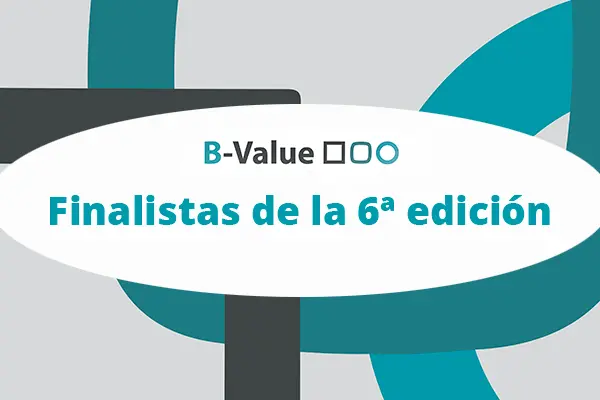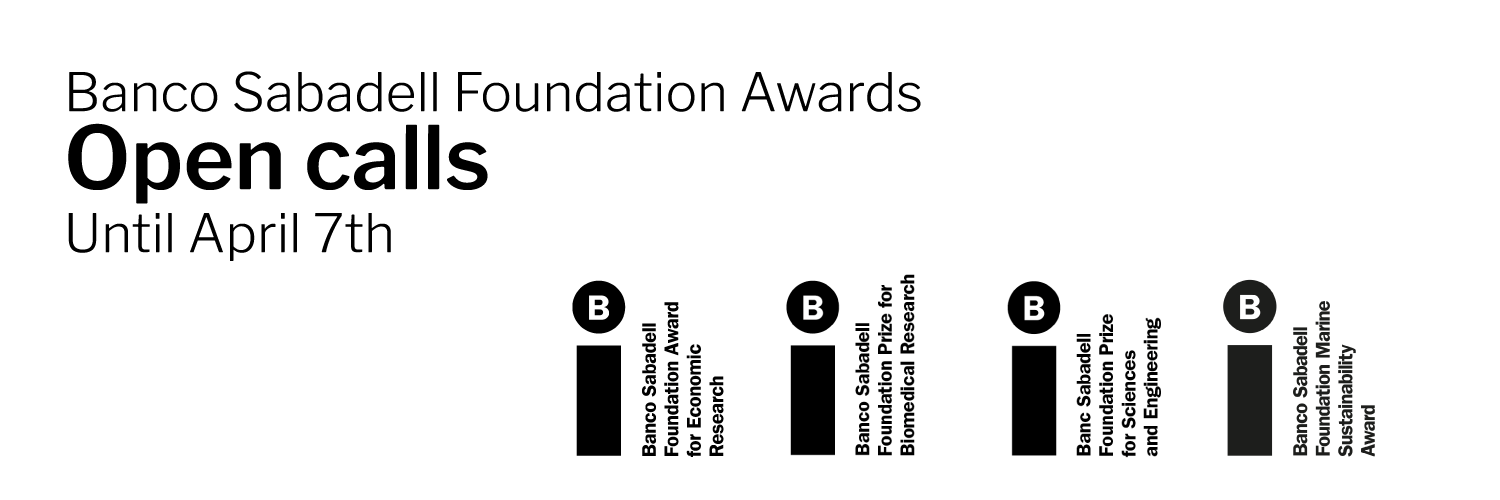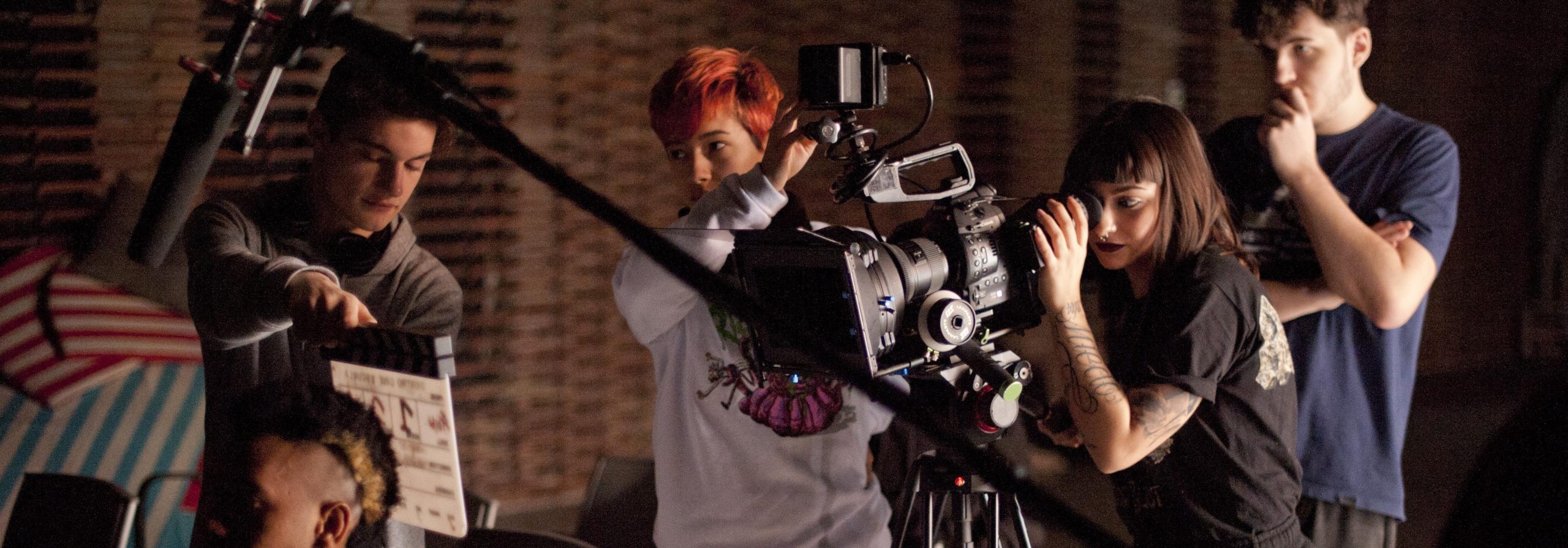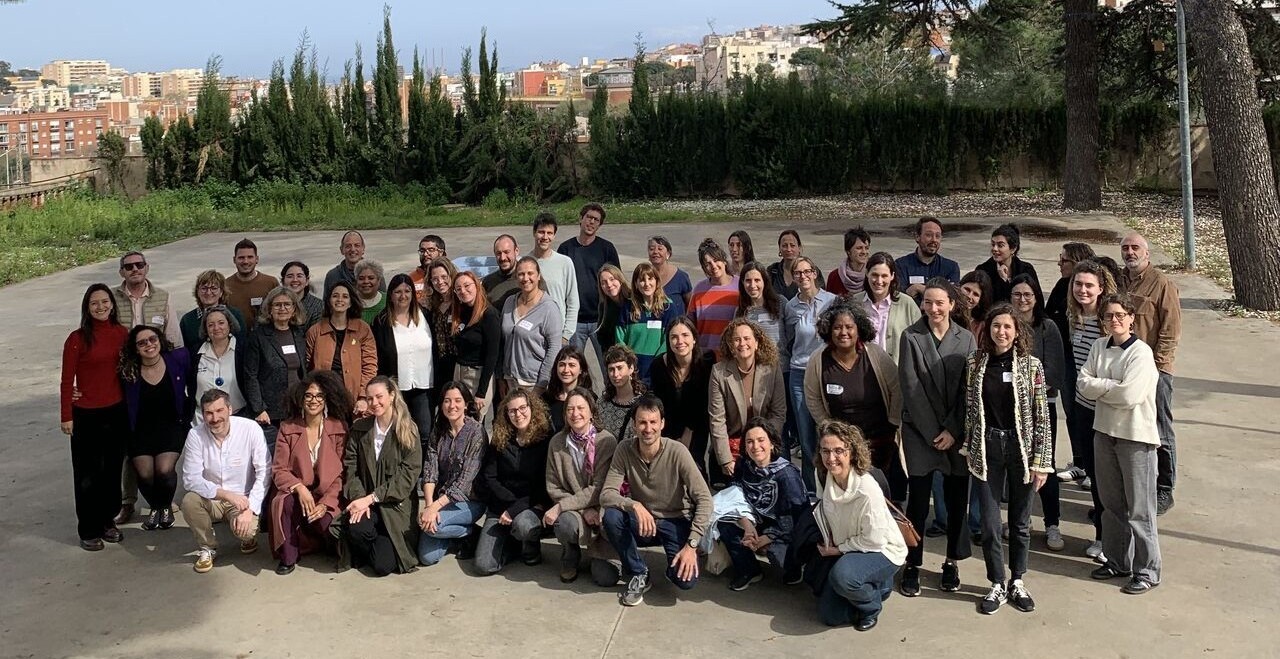B-Value has unveiled the 10 finalist institutions of its sixth edition. The institutions have been selected from among 40 projects that have been part of a first phase of training sessions and workshops in which all participants have shown a high degree of engagement and commitment. The programme, co-promoted with Ship2B and with the support of the Juan Entrecanales de Azcárate Foundation, aims to transform the social sector through innovation and is geared towards third sector leaders.
In this second phase, the assessment and development of the projects from the selected institutions will be enhanced. The companies will receive new training sessions and mentoring opportunities with external experts and high-level mentors from both the Banco Sabadell Foundation and the Juan Entrecanales de Azcárate Foundation. The main goal is to provide them with guidance and the help necessary for them to optimise their projects for the Bootcamp week that will take place next September in person in Barcelona.
After this event, personalised mentorship sessions and alumni follow-up will continue so that they can fine tune their projects for the final test during Demo Day. This event will take place at the end of the year, and the 10 selected institutions will have the opportunity to present their projects to the Selection Committee that will assess the proposals and select the best projects.
The finalist institutions are:
A+familias: they seek to consolidate their institution through which they offer comprehensive support to vulnerable individuals with a threefold proposal based on their dignity and autonomy. This project is delivered to independent individuals or through collaboration with other third sector institutions in three ways: monthly financial support, support from a social worker and the creation of its own programmes in collaboration with partners and institutions.
Asociación Experientia: with their project “Mental Health: challenges and adventures”, they seek to offer therapy sessions in a different and validated way: adventure therapy. They design therapeutic programmes that include adventure activities and experiences in nature in order to actively engage people in their physical, cognitive and emotional transformation process. They will bring all of this to their new project, Corporate Wellness, where they will design and facilitate therapeutic programmes to private companies seeking to improve the quality of life of their employees.
COPEDECO S. Coop: their project “R-Genera” seeks to generate employment and improve the employability of socially excluded individuals. They do so from a comprehensive perspective, empowering participants through training in agriculture, ecology, bee-keeping and eco-tourism, and they support their experience with guidance and labour intermediation. In addition, jobs will be created for the regenerative cultivation of organic almonds on land given on a long-term basis by local councils through a job placement company.
ENSUMA Empleo Social SL: their project “eco-TRANS” proposes the in-house production and transformation of organic fruits and vegetables. After establishing the production phases and reaching levels similar to those of other professionals, they were faced with the challenge of monetising production and with it, the possibility of increasing the number of contracts. Therefore, they have set up a workroom for the packaging and processing of the production with the aim of making the products more attractive, increasing the selling time and reducing the seasonality of the produce. They also aim to create employment opportunities in sectors other than agriculture, such as cooking, transport and sales.
Fundación EuroPACE: their “Domus Programme” proposes an all-encompassing energy rehabilitation programme for houses that aims to improve the quality of life of families by promoting more comfortable, healthy and efficient housing. With the support of public entities, the programme is capable of generating demand through social marketing techniques and of streamlining the refurbishment process by providing personalised technical, administrative and financial support throughout the process.
Fundación Privada Ared: with their project “Backpacks and accessories with impact by Fundación Ared”, they propose a social, sustainable product that empowers and gives more visibility to persons with a recognised disability and puts them in direct contact with the end customer who is looking for value and social impact. In their workshop, Ared professionally trains and supports this group of people, creating employment opportunities and emotional stability and empowers them as agents of change by putting them in contact with the end customer through various product customisation and upcycling initiatives.
Fundación Privada Integra Pirineus: their project “Let’s give life to the forest” promotes the socio-labour integration of vulnerable groups through sustainable forest management and biomass production. In addition, the project aims to reach conscientious companies that want to allocate financial resources to forest actions in the Pyrenees, which in turn will offer work opportunities to vulnerable groups.
Fundación Tac Osona: their project “Agri-food workroom” aims to create jobs for disabled people through this workroom where a quality own-brand product will be produced: Sant Tomàs potatoes. The project is the start of a change in the institution’s strategy: the creation of their own product and jobs to supplement other services.
Fundación Blum: it seeks to consolidate itself as a social impact venture builder by creating social enterprises based on proven models in order to generate opportunities for women from vulnerable groups. Founded in 2021, during its first months, the organisation launched the first social enterprise, SHE bistro, to validate that the model works to identify proven solutions and replicate them in places with similar challenges with the support of local founders.
Fundación Oxfam Intermón: their project “Unebox, a box that changes lives” proposes an innovative way of promoting responsible consumption. Through a quarterly subscription to a “discovery box”, they promote, on one hand, the sale of fair trade and responsible consumption products that have a positive impact on the people who manufacture them in Spain and in the countries where they work, and on the other hand, the contribution of a donation intended for Oxfam Intermón projects that pursue a future with equality for all.



